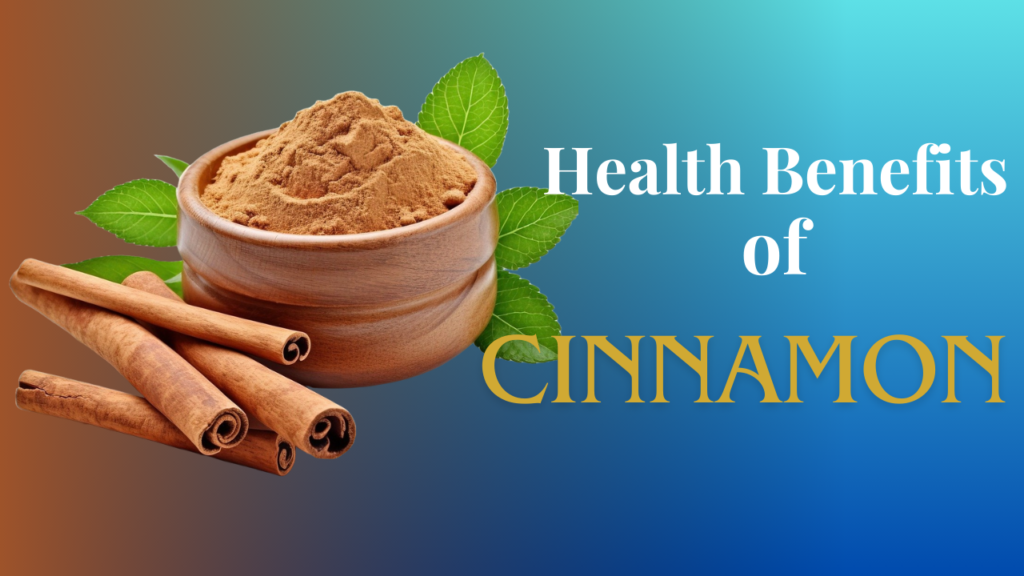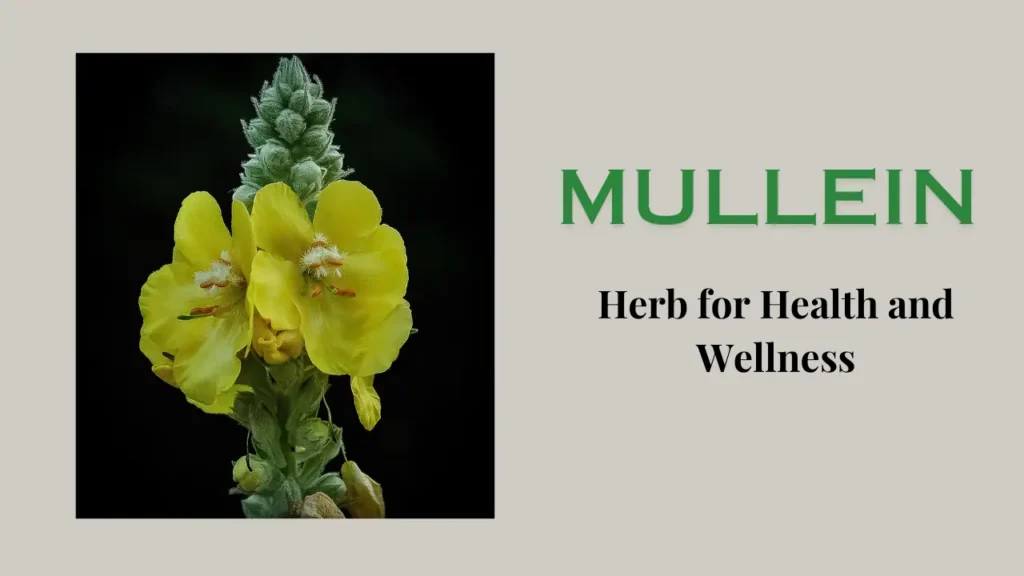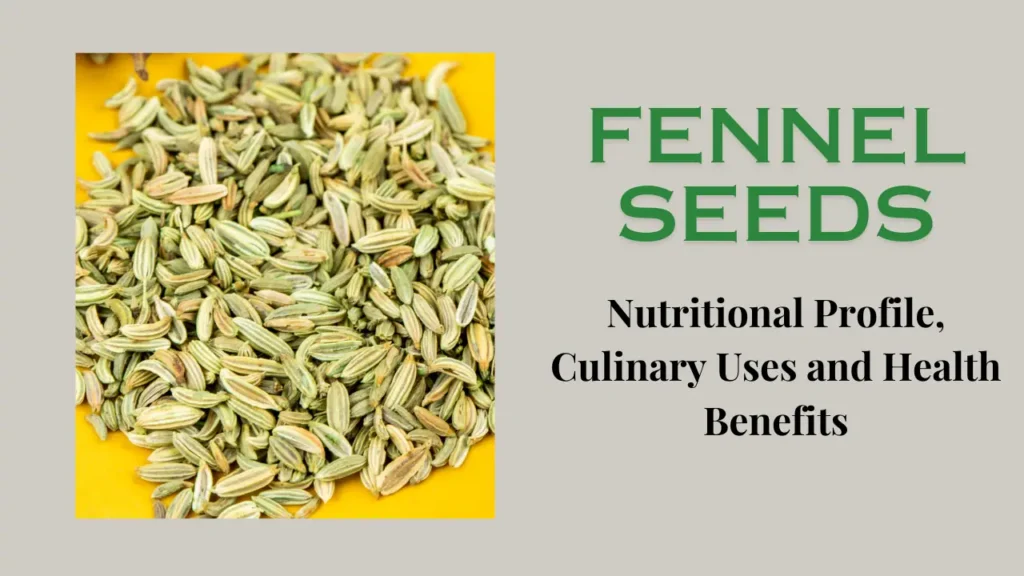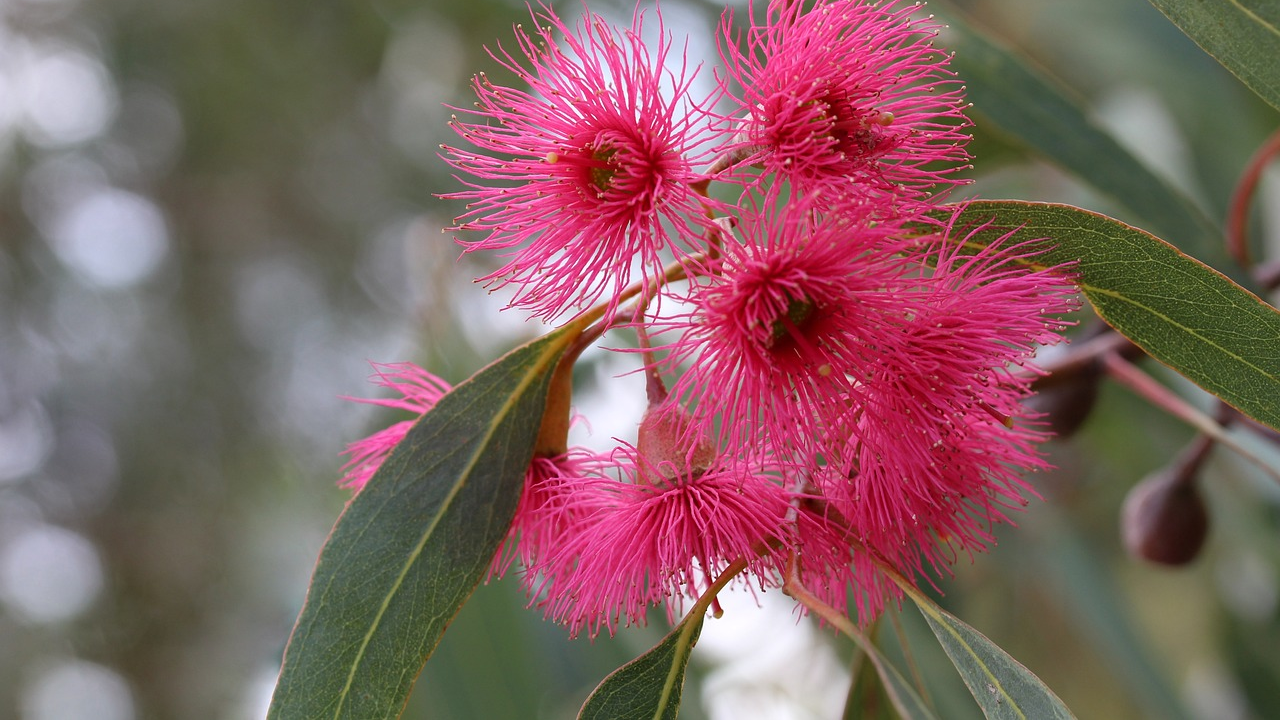
Uses of Eucalyptus
1. Aromatherapy
- Eucalyptus essential oil is widely used in aromatherapy due to its refreshing aroma and therapeutic effects. When the vapor of its oil is inhaled, it reduces respiratory problems and provides relaxation. Its soothing aroma also helps reduce stress and promote mental clarity.
2. Cleaning and Air Freshening
- It has natural antiseptic and deodorizing properties, making eucalyptus oil an excellent ingredient in household cleaning products. It effectively eliminates bacteria, germs, and unpleasant odors.
- Adding a few drops of eucalyptus oil to a homemade air freshener or diffuser purifies the air and creates a pleasant atmosphere in the home or office.
3. Skincare and Personal Care
- This oil is commonly used for its antibacterial and soothing properties. It is used in skincare products. It helps to clear the skin, reduce inflammation, and provide a refreshing and invigorating feel. Its oil is often found in soaps, lotions, shampoos, and bath products, providing many benefits for skin and hair.
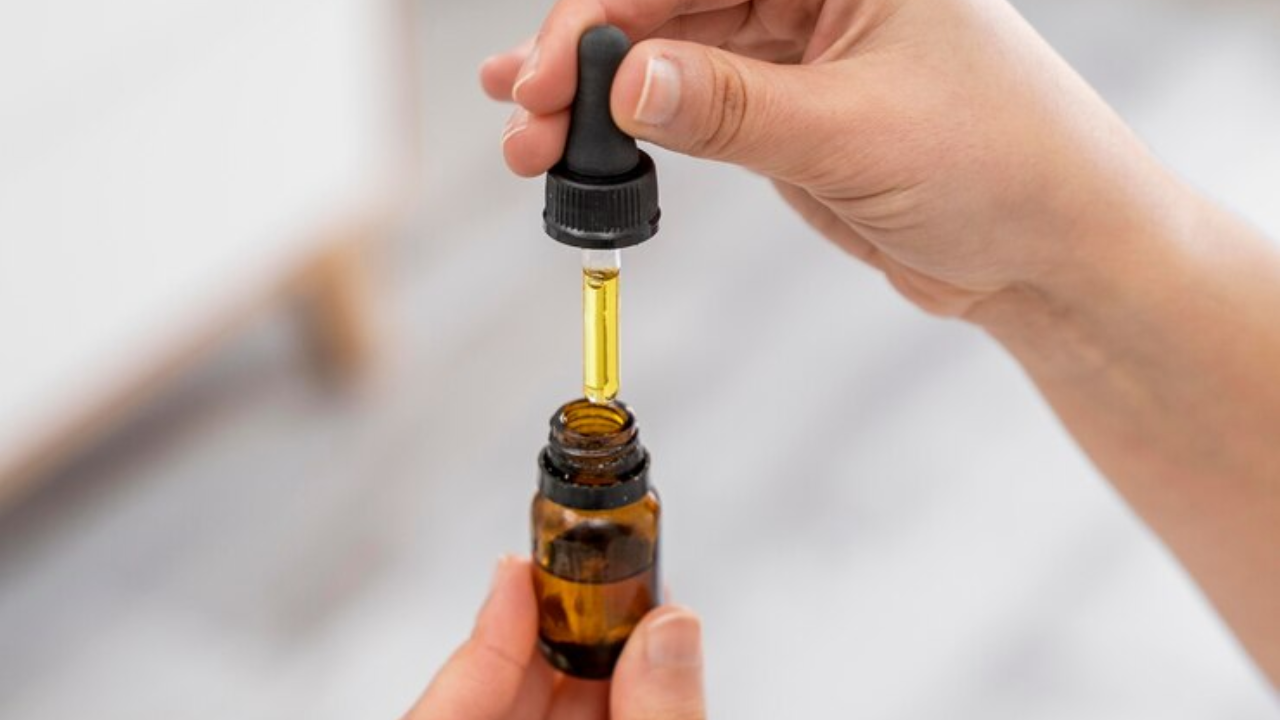
Properties of Eucalyptus
A. Antimicrobial Properties
B. Analgesic and Anti-inflammatory Properties
- It contains compounds that have analgesic and anti-inflammatory properties. It helps ease pain, reduce inflammation, and provide relief from conditions like arthritis, muscle strains, and headaches. Massaging its oil on the affected areas helps soothe the pain and reduce swelling.
C. Expectorant and Decongestant Properties
- This oil has expectorant properties that help loosen phlegm and provide relief from congestion. It is used in cough syrups, vapor rubs, and inhalants for respiratory relief.
- Inhaling eucalyptus oil vapor clears airways and makes breathing easier, which is beneficial for individuals with asthma, bronchitis, sinusitis, and other respiratory conditions.
Medicinal Benefits of Eucalyptus
Side Effects and Precautions
i. Allergic Reactions
- Eucalyptus oil has many benefits but some individuals may be allergic to it or its components. It is advisable to conduct a patch test before using eucalyptus-based products on a large scale.
- Allergic reactions include skin rashes, itching, or respiratory symptoms. If any adverse reactions occur, discontinue use and seek medical advice.
ii. Ingestion Risks
- Consumption of this oil is toxic and can cause problems like nausea, vomiting, and diarrhea. Keep its oil out of the reach of children and avoid using it without a doctor’s advice. If someone swallows it accidentally, get medical help right away.
iii. Skin Sensitivity
- Eucalyptus oil may cause skin irritation or sensitivity in some individuals, especially when used undiluted or in high concentrations. To reduce the risk of skin irritation, use it by mixing it with a carrier oil like coconut or almond oil, which dilutes the oil. If irritation occurs, stop use and consult a doctor.
Conclusion
Eucalyptus is known for its diverse applications and medicinal benefits. It also provides a natural and effective solution to various health and lifestyle needs. From aromatherapy to skincare and oral health, it has made its mark as a versatile plant. However, it is important to exercise caution given its potential side effects and individual sensitivities.
Fresh leaves are incredibly versatile. Here are some ways to use it:
- Aromatherapy: Bundle these together and hang them in your shower for a spa-like experience. The steam will release essential oils, filling the air with a refreshing scent.
- Natural Decoration: You can make fragrant garlands or wreaths from it for your home. Its leaves retain their fragrance for months after drying.
- Insect repellent: Place its leaves around your house or door to ward off insects like mosquitoes and flies. Its strong odor acts as a natural repellent.
- Respiratory relief: Steam inhalation with eucalyptus leaves helps relieve congestion and soothe coughs. Put some leaves in a bowl of hot water and inhale the steam.
- Cleaning and disinfection: The oil extracted from its leaves has antibacterial and antifungal properties. Dilute it with water and use it as a natural cleaning agent for surfaces.
Yes, many insects find the smell of eucalyptus repellent strong. Mosquitoes, flies and even some rodents are afraid of this fragrance. You can make a natural bug spray by crushing the leaves or planting pots near entryways to discourage pests.
The difficulty of growing eucalyptus depends on your climate and variety. Some species thrive in mild temperatures and well-drained soil, while others require different conditions. Research the needs of your chosen variety and make sure you have the right environment before planting.
Inhaling large amounts of eucalyptus oil can be harmful, irritating, and, in rare cases, can even cause seizures. However, the aroma of its fresh leaves is generally safe in small amounts. If you experience any negative effects such as headache or dizziness, consult a doctor.
Many insects generally dislike the strong odor of this plant but some pollinators, such as bees, may be attracted to its sap. Overall, the repellent effect outweighs the attraction, making eucalyptus a helpful tool for keeping unwanted insects away.
Fresh leaves can last up to 3 weeks when kept in water like flowers. To extend their lifespan, hang them upside down in a cool, dry place to air dry. Dry leaves retain their fragrance for several months.

